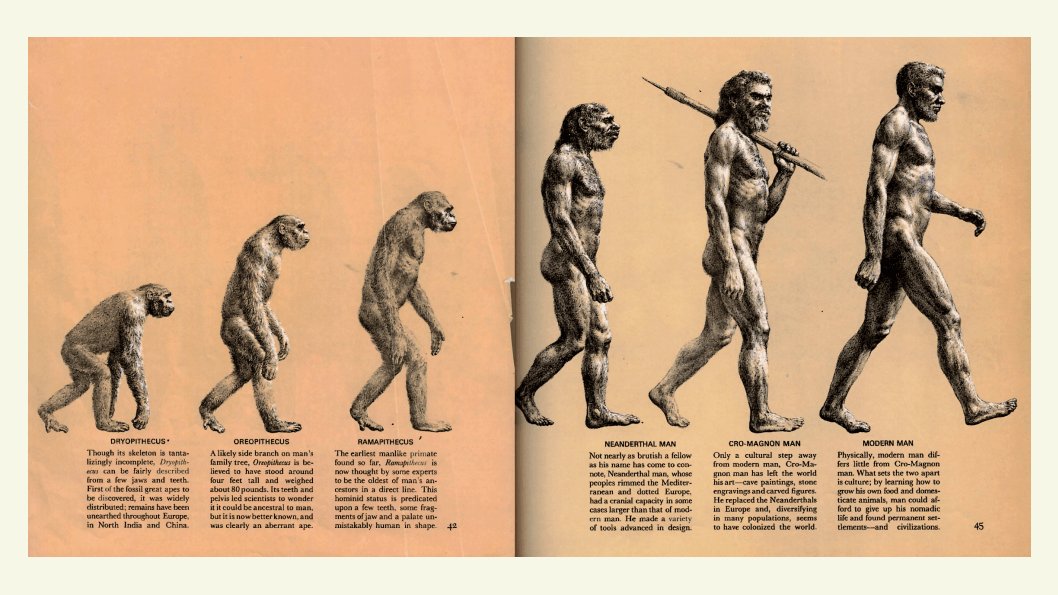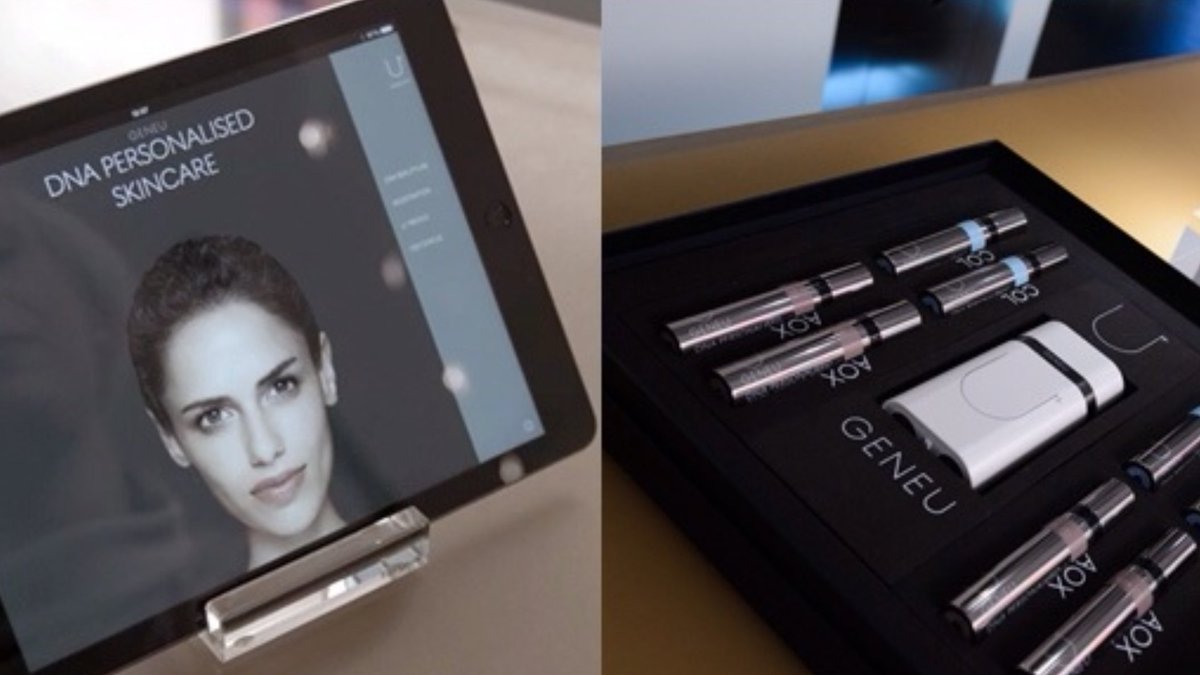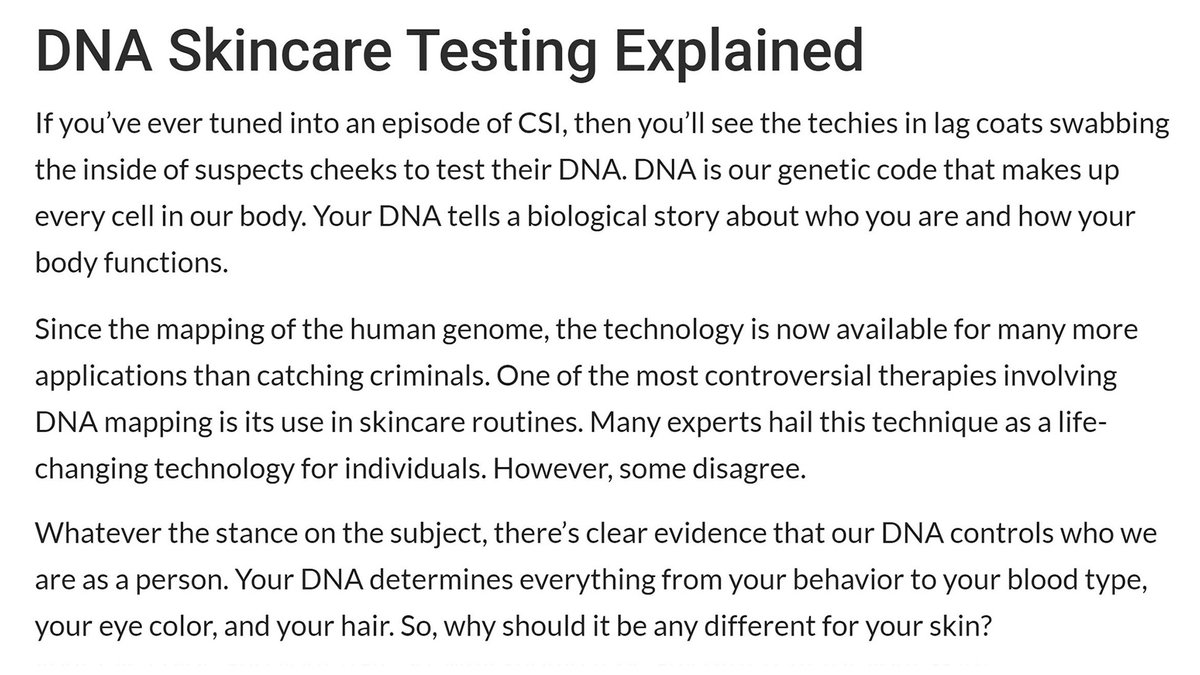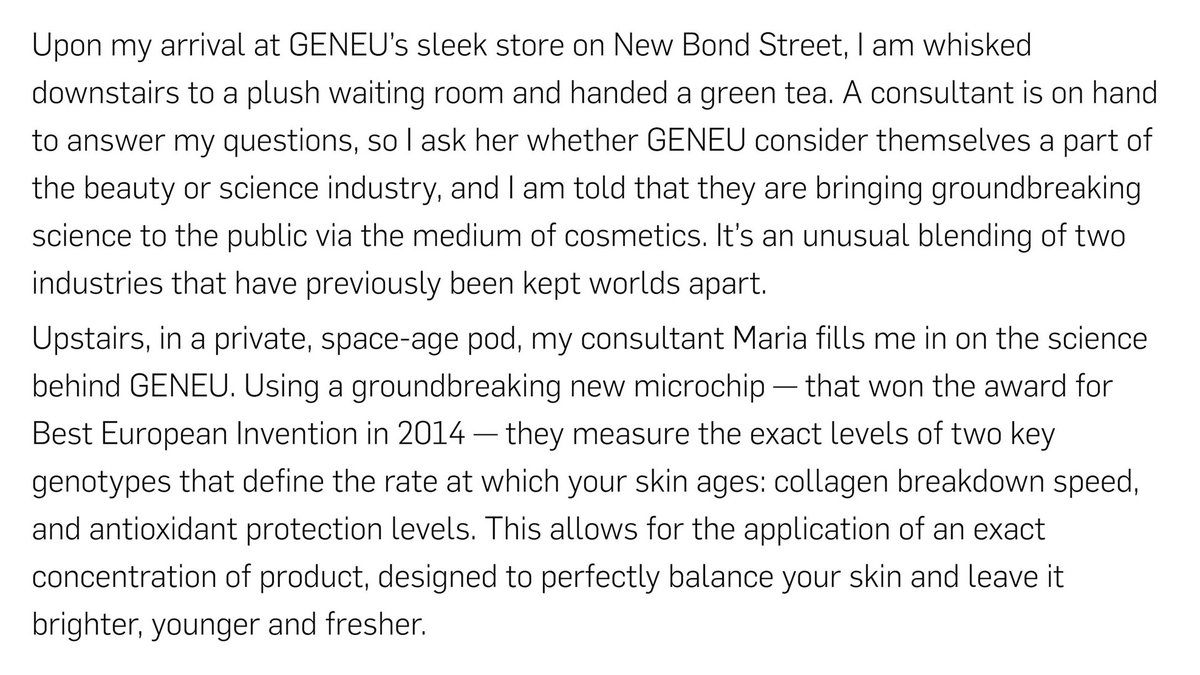
Remember when you first learned about genetics at school? All those fascinating examples of human traits that are each determined by just a single gene? Time to check in on some of your favourites to see how they’re doing...1/n
Starting with a classic: the delicate art of tongue-rolling. Some people can roll sides of the tongue into a U-shape, others can’t. It’s commonly taught that this invaluable skill is controlled by one gene with dominant inheritance. But the idea was debunked decades ago...2/n 

This most stubborn of gene myths began in 1940 with musings by genetic-mapping pioneer Alfred Sturtevant. Already by 1952, further family/twin studies had refuted monogenic inheritance. Sturtevant recanted but watched in dismay as his folly became a standard in schoolbooks...3/n 

Next, enigmatic earlobes. Year on year, in classrooms across the world, children check their ears: are the lobes directly attached (A) to the side of the head or do they hang free (F)? They are told of a mysterious “attached earlobe” gene, in which the F version is dominant...4/n 

A closer look reveals that earlobe attachment doesn’t fall neatly into two types. As early as 1937 some argued it may be polygenic: shaped by variants of many genes. The postgenomic era ended the debate, with e.g. this 2017 genomewide scan of >74k people uncovering 49 loci...5/n 

“How about eye colour?” I hear you ask. “We all know the story behind blue eyes - caused by recessive alleles of a single gene. If both parents are blue-eyed, a child’s eyes must be blue, right?” Wrong. A 1919 study found non-blue-eyed children in 12% of blue-blue pairings...6/n 

Turns out eye colour (iris pigmentation) is yet another complex trait, now demystified by genomic advances. Polymorphisms of two neighbouring genes (HERC2 & OCA2) explain much of the blue-brown variation but recent analyses of 193k people reveals 50 additional genetic loci...7/n 

So, even when individual variation in a human feature seems simple on the surface, it’s no guide to the genetics that lies beneath. Take right- vs left-handedness. When I began my career in genetics in the 1990’s, it was common to hear talk of “the gene for handedness”...8/n 

Prominent theories (by Annett/McManus/Crow etc) sought to explain handedness in terms of a single elusive gene (with links to language). Fast forward to 2021: a genome screen of 1.7 million people associates 48 loci with the trait, but most variance remains unaccounted for...9/n 

I could go on, but instead here’s a message to take home. If you’re curious how your genome helps make you unique, don’t expect neat & tidy answers. The richness of this tapestry is one of the reasons why human genetics is such a dynamic & exciting field of science. 10/n
For a deeper dive into popular gene myths (including many that aren't covered by my thread) check out this brilliant resource by John McDonald from University of Delaware: udel.edu/~mcdonald/myth…, as well as the writings of @carlzimmer carlzimmer.medium.com/seven-big-misc…, among others. 11/11
• • •
Missing some Tweet in this thread? You can try to
force a refresh













